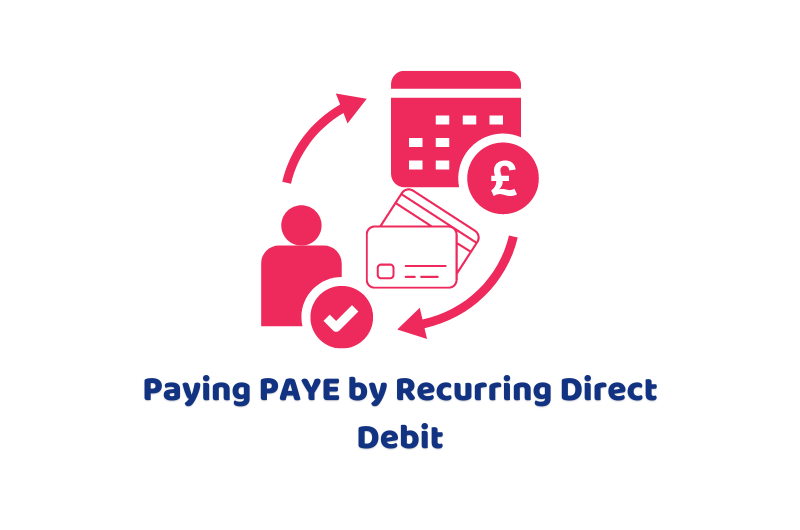Employers must act as a tax collector for HMRC, deducting tax, National Insurance and, if applicable, student loan deductions, from their employees’ pay and pay these over to HMRC with their employer’s National Insurance contributions. The payments must reach HMRC by 22nd of the following tax month where payment is made electronically, and by the earlier date of 19th of the following tax month where payment is made by cheque.
As penalties are charged if the payments are made late for more than one month in the tax year, it is important that these deadlines are not missed. A new recurring direct debit facility may help employers to meet the payment deadlines and avoid penalties.
Payment Options
There are currently a range of payment options available to employers to pay their PAYE. Payment methods include online banking, using a debit card or a corporate credit card or at a bank or building society. Cheques can also be sent in the post, but an earlier payment deadline applies.
It has been possible to pay by direct debit, but only as a one off. However, this is changing, and from 19 September 2022, employers will be able to set up a recurring direct debit to pay their PAYE.
Payment via Variable Direct Debit
Employers wishing to pay by direct debit each month will need to set this up through their business tax account and the Employer’s PAYE Online service.
A new option will be added to the employers’ liabilities and payments screens, which will feature the option to ‘set up a direct debit’. This will provide HMRC with authorisation to collect the PAYE and NIC that they owe, as shown on their RTI payroll submission, direct from the employer’s bank account.
Once the employer has set up a recurring direct debit facility, the link will change to ‘Manage your direct debit’. This will allow the employer to view, change or cancel their direct debit online.
It should be noted that only the employer can set up, amend and cancel the direct debit; this is not something that can be done by their agent on their behalf.
Partner Note: HMRC’s Employer Bulletin, August 2022.

